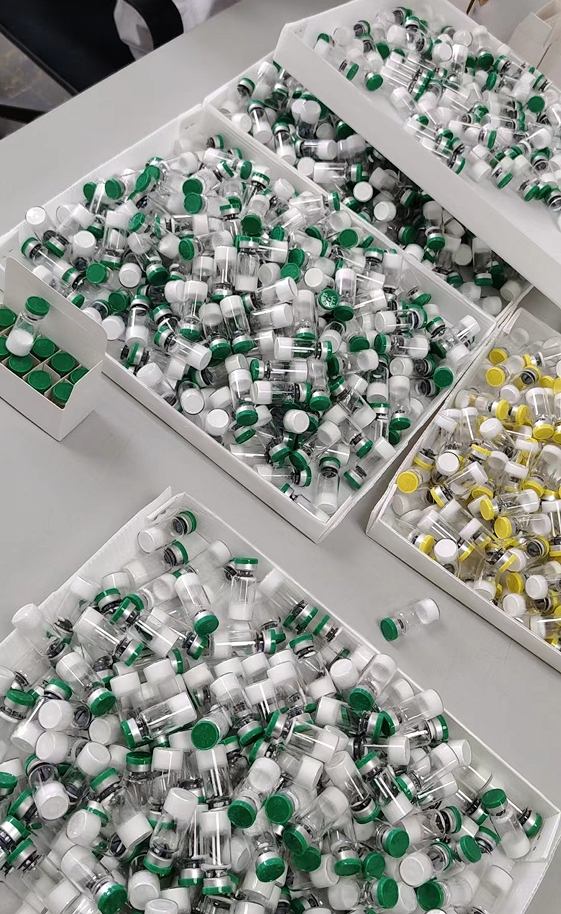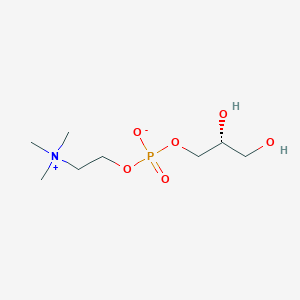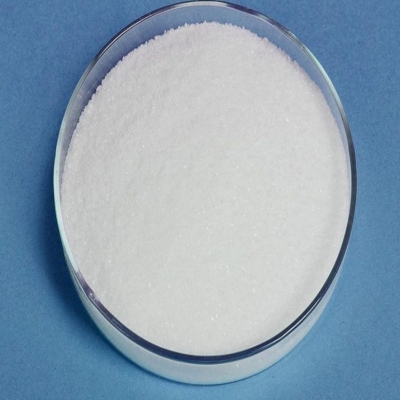JEM: Study reveals molecular mechanisms of muscle loss in cancer patients
-
Last Update: 2021-02-18
-
Source: Internet
-
Author: User
Search more information of high quality chemicals, good prices and reliable suppliers, visit
www.echemi.com
at the University of Nebraska Medical Center recently identified a key cell signaling path that can drive many cancer patients to severe muscle loss.The study, to be published May 22 in the journal Of August Medicine, suggests that targeting the pathway with drugs already in clinical trials of Diabetes Phase 2 could prevent the syndrome.These symptoms can reduce the patient's response to chemotherapy and eventually lead to respiratory or heart failure. It is believed that this is the direct cause of death for up to one third of cancer patients.But drugs that don't have FDA approval can reduce muscle loss from cancer," said Pankaj K. Singh, a professor at the Ephar Institute for Cancer and Related Diseases at the University of Nebraska Medical Center. There is an urgent need to find more effective treatments. Inmuscle loss is particularly common in pancreatic cancer patients. Singh and his colleagues found that patients with pancreatic cancer with muscle loss had lower levels of the enzyme SIRT1. SirT1 production was also reduced in mice with pancreatic cancer, and the researchers found that by restoring levels of the enzyme to normal levels, they prevented the animals from suffering from the disease.Singh and his colleagues have shown that the absence of SIRT1 can lead to an increase in the production of muscle cell NOX4 enzymes that induce the accumulation of toxic reactive oxygen, leading to muscle cell degeneration. Treating mice with GKT137831, a drug that inhibits NOX4 enzymes, can prevent muscle loss and extend the lifespan of mice with pancreatic cancer.Levels of NOX4 also increased in patients with lesions caused by pancreatic cancer, suggesting that GKT137831, already used in phase 2 clinical trials of diabetes and primary bile-induced bileitis, could also be used to treat cancer-related muscle loss. (Bio Valley Bioon.com)
This article is an English version of an article which is originally in the Chinese language on echemi.com and is provided for information purposes only.
This website makes no representation or warranty of any kind, either expressed or implied, as to the accuracy, completeness ownership or reliability of
the article or any translations thereof. If you have any concerns or complaints relating to the article, please send an email, providing a detailed
description of the concern or complaint, to
service@echemi.com. A staff member will contact you within 5 working days. Once verified, infringing content
will be removed immediately.







